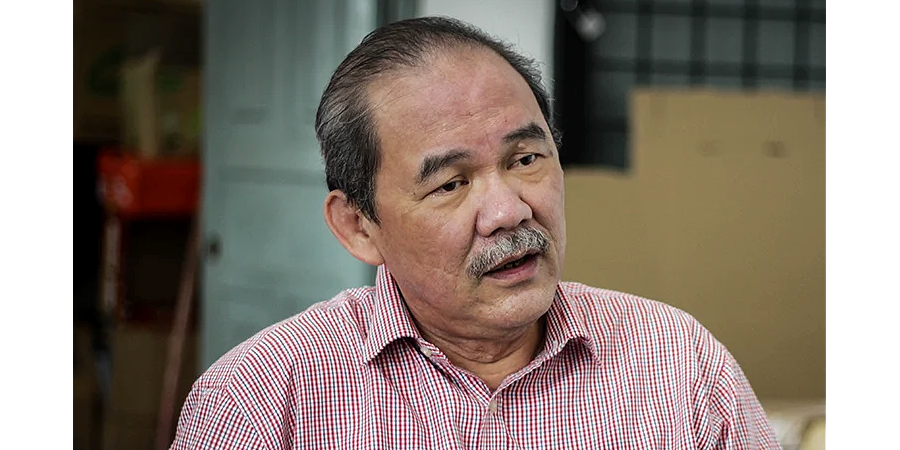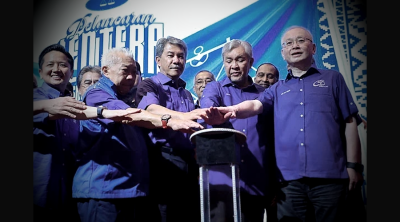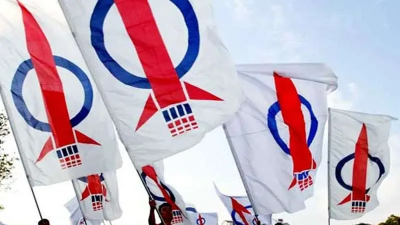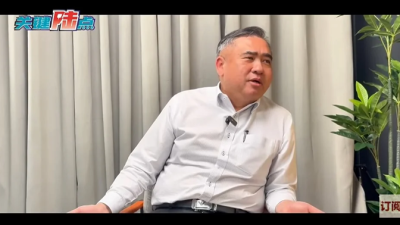
At the outset, I wish to make a clear and unequivocal disclaimer.
Neither I nor this publication harbor any intention to discredit or cast aspersions on any individual associated with the “38 years as an assemblyman” narrative.
The reference is used solely as a case study to illustrate and support the points discussed in this article.
Any mention is strictly for analytical purposes and should not be interpreted as a personal critique.
A week ago, a post on Facebook caught my attention. Someone posted a message of congratulations to a prominent Sarawak politician on the occasion of his 38th anniversary as a state assemblyman.
Wow! To be honest, I was unaware that we have a man now in his 38th year as an elected representative in Sarawak.
In my mind, it was always Abdul Taib Mahmud, Sarawak’s late chief minister, who served for 33 years.
A note of congratulations is in order surely, but let me also view this “latest discovery” of mine in a different light.
If one has been a state assemblyman for 38 years and still hasn’t groomed a capable successor, it speaks volumes about his failure as a leader.
True leadership is not about holding on to power, but about preparing the next generation to lead.
Or perhaps it’s because we’ve grown too fond of basking in the illusion of being indispensable and invincible in politics, as if the world would stop turning without us.
I wish to state, as succinctly as possible, that both our politics and our politicians must evolve in mindset and practice.
Remaining in elected office for 38 years is, by any measure, an excessively long tenure for a life dedicated to public service.
After such an extended period, it is difficult to believe that one can continue to serve with the same level of effectiveness, energy or enthusiasm that the role demands.
Politicians must recognize that overstaying one’s welcome in public life is not necessarily a virtue, nor is it a measure of dedication.
The longer one occupies a seat, the greater the danger of becoming detached from the evolving needs, frustrations and aspirations of the electorate.
Two of Malaysia’s most prominent political figures illustrate this truth almost perfectly. They are two-time prime minister Dr Mahathir Mohamad and the nation’s longest-serving Member of Parliament, Tengku Razaleigh Hamzah.
Both men commanded immense respect for decades and yet, by 2022, at Malaysia’s 16th general election, the electorate delivered a sobering verdict.
Voters who once upheld their stature eventually decided it was time for new voices and new leadership.
Punishing them at the ballot box is not merely a rejection of the individual—it is a demand for renewal, responsiveness and a political culture that values service over self-interest.
In many ways, it was a sad and humbling close to their long, illustrious careers.
And while one may feel sympathy for these elder statesmen, their fate serves as a powerful reminder and that is—in public life, overstaying one’s welcome can diminish even the greatest legacies.
It is true that somehow, somewhere, there are politicians who seem to harbor only one ambition—to die in glory in office—hoping that they will be remembered long after they are gone.
Let me be brutally honest here. I believe what people used to say—three days after we are gone, only our loved ones will still hold our memory close. The rest of the world will move on, as it always does.
Politicians, especially, should take this to heart. There is no honor in clinging to office until the final breath, no glory in dying at your desk while the nation has long since outgrown your relevance.
Public service is meaningful only when it remains connected to the people’s needs, and that connection weakens when leaders overstay their moral, intellectual and generational welcome.
Remember this simple truth—legacy is not built by refusing to let go, but by knowing when to step aside with dignity.
On record, over the past 10 years alone, from 2015 to 2025, a total of 20 MPs and state assemblymen had died.
I think that 20 is far too many, especially when you consider these are individuals meant to serve the people, yet their own health sometimes prevents them from performing effectively.
Public service, noble as it is, is also physically and mentally demanding. Continuing to contest or remain in office while in poor health can risk both personal well-being and the quality of governance.
Needless to say, it is important for leaders to know when to step aside, not just for their own sake, but for the electorate and the institutions they serve.
Voters should hold politicians accountable when they overstay their welcome because longevity alone is not a measure of competence or virtue.
Leaders who cling to power too long risk prioritizing personal interests over public good, resist fresh ideas and block new talent from emerging.
Allowing such politicians to remain unchecked undermines the dynamism and accountability essential to a healthy democracy.
Punishing them at the ballot box is not merely a rejection of the individual—it is a demand for renewal, responsiveness and a political culture that values service over self-interest.
Hello, the Sabah election is now on with a whopping 596 jobless desperadoes scrambling for a mere 73 vacancies.
Sabah voters can take the lead in punishing politicians who overstay their welcome, and there are many of them among the 596 candidates!
(Francis Paul Siah is a veteran Sarawak editor and currently heads the Movement for Change, Sarawak (MoCS). He can be reached at [email protected].)
ADVERTISEMENT
ADVERTISEMENT








































